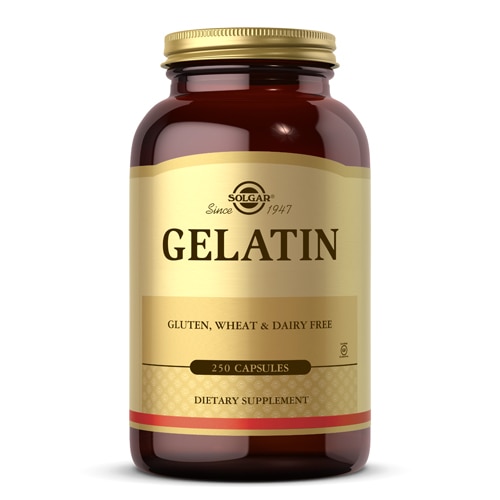Here’s an interesting fact: your body contains more calcium than any other mineral.
Why is calcium important? Well, calcium aids in normal muscle and nerve function, blood clotting, cellular health and the release of certain hormones. Calcium is even required for a normal heartbeat!

Given this vital role, calcium is circulating in the bloodstream at all times. Our bones and teeth act as a handy storage bank where calcium can be, in a sense, deposited and withdrawn. When blood calcium levels are low due to low dietary intake, calcium is taken from our bones and used by the body—which can affect bone strength. Replenishing this lost calcium on a daily basis is essential to maintaining normal calcium levels in bones.
Adults usually get some of their
recommended daily calcium from food. But many Americans aren’t getting enough calcium. Adding a
calcium supplement to your daily routine is a great way to support your overall wellness and strong bones.
If you’re looking to supplement with this critical bone mineral, here’s a guide to four main
types of calcium.
Calcium carbonate contains around 40 percent elemental calcium (meaning the mineral in its pure form). Calcium carbonate is usually mined or extracted from limestone rock. It can also be found in certain species of algae harvested from the ocean floor.
Calcium carbonate is the form most commonly used in supplements. Its advantages include a high concentration of calcium per tablet (so fewer tablets may be required per dose). Calcium carbonate should be taken with meals, since acidity improves absorption.
New Chapter® Bone Strength Take Care slim tablets deliver calcium carbonate sustainably harvested from ocean plants (red marine algae).
Calcium citrate contains around 21 percent elemental calcium. Calcium citrate is typically a byproduct of citric acid production. A fermentation process produces a broth that’s rich in citric acid, then calcium hydroxide is added. This causes calcium citrate to precipitate from the broth. Since calcium citrate has a lower concentration of calcium, it means more tablets may be needed to get a specific amount of calcium into your routine. If you’re comparing
calcium citrate vs. calcium carbonate, the citrate form does not need to be taken with meals as it’s less dependent on acidity for absorption.
Calcium gluconate
Calcium gluconate has around 9 percent elemental calcium. It is typically produced by mixing gluconic acid with calcium carbonate or calcium hydroxide. Calcium gluconate is not commonly used as a dietary supplement because it would require taking a LOT of tablets to get the desired amount of calcium. It is commonly used for intravenous calcium injections.
Calcium lactate has around 13 percent elemental calcium. It’s typically produced by mixing lactic acid with calcium carbonate or calcium hydroxide. Like calcium gluconate, the low concentration of elemental calcium in this form of calcium means it’s not typically used as a dietary supplement.
Because adults start losing bone density around age 30, it can be well worth it to take calcium supplements in moderate doses. This can help protect bone strength over the years and reduce the risk of osteoporosis. If you’re seeking the best calcium supplement for women or men, definitely consider how many tablets you want to take each day, and if you’re OK taking your supplement with a meal.
Potentially more important than the form of calcium in your supplement is what comes with it in the formulation. Products designed with vitamins D3 and K2, like
New Chapter® Bone Strength Take Care, help your body maximize absorption of the calcium and direct it to the bones where it’s supposed to be.
 Given this vital role, calcium is circulating in the bloodstream at all times. Our bones and teeth act as a handy storage bank where calcium can be, in a sense, deposited and withdrawn. When blood calcium levels are low due to low dietary intake, calcium is taken from our bones and used by the body—which can affect bone strength. Replenishing this lost calcium on a daily basis is essential to maintaining normal calcium levels in bones.
Adults usually get some of their recommended daily calcium from food. But many Americans aren’t getting enough calcium. Adding a calcium supplement to your daily routine is a great way to support your overall wellness and strong bones.
Given this vital role, calcium is circulating in the bloodstream at all times. Our bones and teeth act as a handy storage bank where calcium can be, in a sense, deposited and withdrawn. When blood calcium levels are low due to low dietary intake, calcium is taken from our bones and used by the body—which can affect bone strength. Replenishing this lost calcium on a daily basis is essential to maintaining normal calcium levels in bones.
Adults usually get some of their recommended daily calcium from food. But many Americans aren’t getting enough calcium. Adding a calcium supplement to your daily routine is a great way to support your overall wellness and strong bones.



